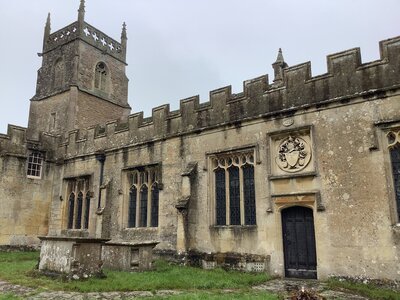RE Curriculum Overview
- At Millbrook, we plan our RE curriculum in accordance with the Swindon Agreed Syllabus (2021) and using the medium term plans taken from both the Discovery RE scheme and RE Today units of work.
- We do this because they match the Agreed Syllabus and represent our multicultural cohort of children.
- Religious education enables children to investigate and reflect on some of the most fundamental questions asked by people.
- At Millbrook Primary School, we develop the children’s knowledge and understanding of the major world faiths, and address fundamental questions concerning, for example, the meaning of life and the existence of a divine spirit.
- We enable children to develop a sound knowledge not only of Christianity but also of other world religions, especially those that are the main faiths of children within our school.
- Children reflect on what it means to have a faith and to develop their own spiritual knowledge and understanding. We help the children to learn from religions as well as about religions through the use of an enquiry-based approach to teaching and learning.
- Whole class teaching in RE includes opportunities to work individually, in pairs or in groups.
- It involves a wide range of activities to help engage pupils with religion and belief in such a way that they are able to reflect upon and formulate their own beliefs, values and attitudes
- A balance between Christianity and other faiths is taught across the school
- RE is taught discretely once a week from years 1-6. In FS it is taught throughout the year as festivals occur and related to the ELG Understanding the World
- Where possible, real life experiences are incorporated, making use of visits and visitors
- Work in books, displays, shared flip charts
- Marking and feedback by teacher and peers
- Photographic and video evidence
- Displays of work within classes and around school
- Enthusiastic, engaged learners
- Questioning from both pupils and teachers, using a range of enquiry skills such as investigation, interpretation and reflection
- Independent and collaborative work
- Range of challenges/differentiation to meet needs of all children
- Reflective learners who are willing to improve
- Children who enjoy RE lessons
- Inquisitive children who are willing to ask questions which lead to whole class discussions
- Children who show respect towards other people who hold religious beliefs different from their own.
- Children being able to transfer skills taught in RE across the curriculum

